Opioid addiction is a national crisis in the United States, with devastating effects. People can develop opioid addiction or dependence whether or not they have a prescription for opioid medication. Learning more about opioid abuse can help you determine if you or someone you love needs an opioid addiction treatment program.
What Are Opioids, and How Do They Work?
Opioids are a class of drugs made from a natural chemical found in the opium poppy plant. While most opioids come from this plant, some opioids can now be made synthetically in labs by copying the plant’s chemical structure. Opioids are also referred to as narcotics.
Medically, some opioid drugs are legally prescribed as pain relievers. Opioids block pain signals from reaching the brain so that they can help control chronic pain. Because opioids also increase positive feelings in the brain, people may enjoy the relaxed or “high” feeling these drugs produce.
The most commonly abused opioids include prescription pain relievers, heroin, and fentanyl.
Prescription Pain Relievers
Not all pain-relieving drugs contain opioids, but those that do are legally available only with a doctor’s prescription. Medical professionals may prescribe opioid medications to relieve mild to severe chronic pain. When used as directed under doctor supervision, these medications are safe. However, taking higher or more frequent doses than prescribed can lead to abuse and addiction.
Some commonly abused opioid medications that are prescription pain relievers include:
- Vicodin
- OxyContin
- Dilaudid
- Codeine
- Demerol
- Morphine
Opioid abuse often begins after someone builds up a tolerance to a prescription painkiller. They may find they need to take higher doses to feel the same effects, and they may take doses larger than their doctor’s recommendation. Tolerance and physical dependence can lead them to crave the drugs, even if they experience negative health or social consequences. In worst-case scenarios, prescription painkiller overdoses can result in death.
Fentanyl
One of the most commonly abused opioids, fentanyl, is a synthetic painkiller created in labs. Since fentanyl is 50 to 100 times stronger than morphine, physicians only prescribe it for severe pain when other medications don’t work. It may induce drowsiness, nausea, or sedation, along with its euphoric effects. Fentanyl prescription medications include Actiq, Duragesic, and Sublimaze.
When fentanyl is distributed illegally, manufacturers may mix it with other drugs like methamphetamine or cocaine. This makes the “feel-good” effects of fentanyl much stronger and cheaper, but people can easily overdose because they don’t realize how strong the doses are.
Heroin
Heroin is a quick-acting and commonly abused opioid made from morphine. It can produce pleasurable feelings by binding to opioid receptors in the brain that control pleasure. It also affects breathing and heart rate. A heroin overdose can cause someone’s breathing to slow or stop altogether. Slowed breathing can decrease oxygen to the brain, resulting in brain damage.
Over time, people who abuse heroin may develop damage to their liver, kidneys, heart, or lungs. Heroin can cause collapsed veins if people inject the drug. It’s also been linked to the development of mental health conditions and sexual dysfunction.
Southern Sky Recovery Opioid Addiction Treatment
For people struggling with opioid abuse, Southern Sky Recovery is ready to help with a range of options to fit your needs. Partial hospitalization and intensive outpatient programs provide a high level of support, including peer group meetings, individual therapy, family therapy, and medical care. We offer dual diagnosis treatment for clients who want professional help with mental health issues as they recover from opioid use. Our caring, compassionate staff and evidence-based treatment approach work for people at all stages of recovery. Call 843.350.5769 to learn more about how you or someone you love can overcome opioid addiction.



